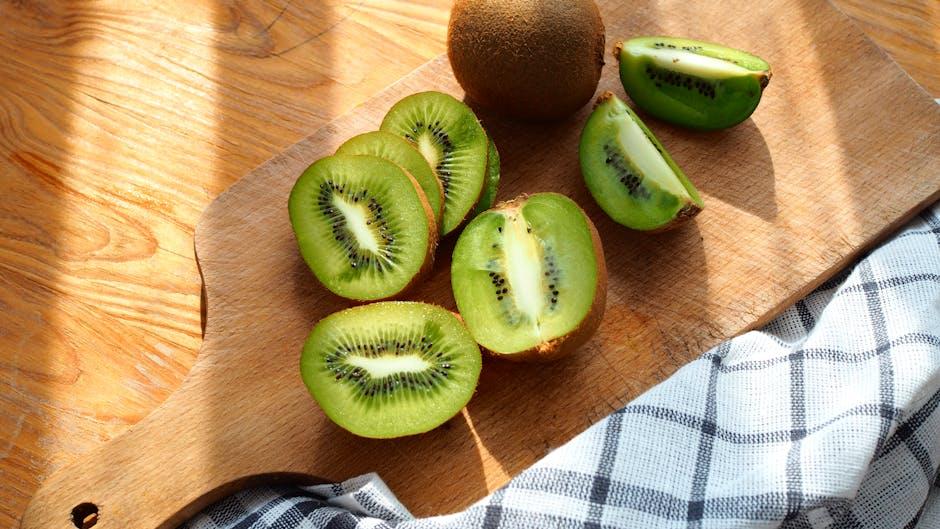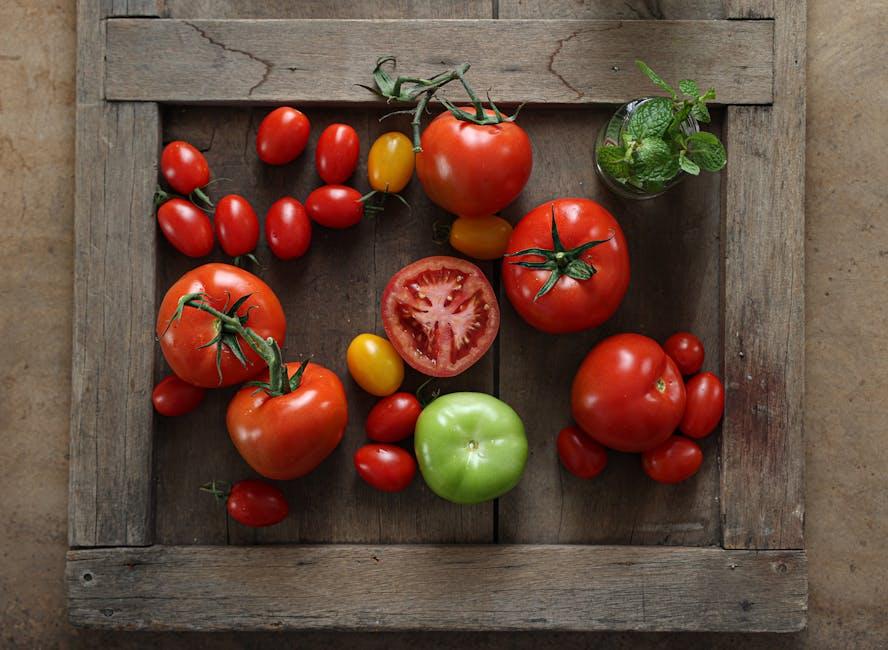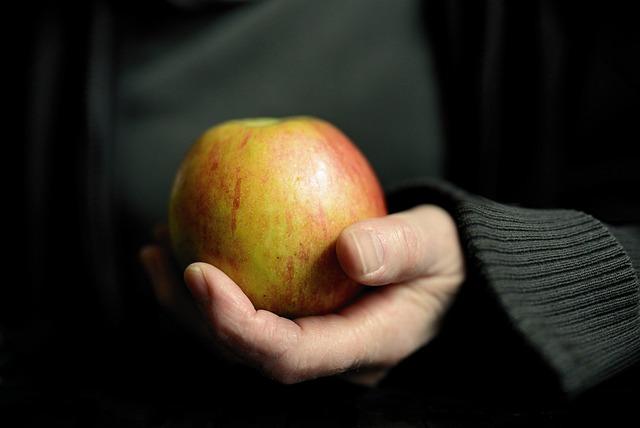In a world where the quest for flawless skin fuels a multi-billion-dollar beauty industry, the answer to achieving a radiant complexion might not lie in a bottle but rather on our plates. As we navigate the maze of skincare products promising miraculous transformations, an age-old question lingers: can diet actually clear up your skin? While countless creams and serums promise to banish blemishes and restore a youthful glow, the relationship between what we eat and the health of our skin is a topic that continues to intrigue both scientists and beauty enthusiasts alike. In this exploration, we delve into the intricate connection between diet and dermatology, seeking to uncover whether the path to luminous skin might just begin with our daily meals.
Understanding the Connection Between Diet and Skin Health
While the connection between what we eat and our skin’s appearance is complex, emerging research suggests that certain dietary choices can indeed influence skin health. Foods rich in antioxidants, such as berries and leafy greens, help combat oxidative stress, a major contributor to skin aging and damage. Omega-3 fatty acids found in fish like salmon and mackerel are known to reduce inflammation, potentially easing conditions like acne and eczema. On the other hand, high-glycemic foods, including white bread and sugary snacks, may trigger insulin spikes that can exacerbate acne.
- Antioxidant-rich foods: Berries, spinach, kale
- Omega-3 sources: Salmon, walnuts, flaxseeds
- Low-glycemic options: Whole grains, legumes, non-starchy vegetables
Incorporating a balanced diet that emphasizes whole, unprocessed foods might not only improve your overall health but also lead to clearer, more radiant skin. While no single food is a miracle cure, a thoughtful approach to nutrition can support your skin’s natural glow and resilience.
Nutrients Your Skin Craves for a Radiant Glow
- Vitamin C: This powerhouse antioxidant is crucial for collagen production, which helps keep your skin firm and youthful. Load up on citrus fruits, strawberries, and bell peppers to nourish your skin from within.
- Omega-3 Fatty Acids: Found in fatty fish like salmon and walnuts, these healthy fats help maintain your skin’s lipid barrier, ensuring it’s hydrated and supple.
- Zinc: Known for its anti-inflammatory properties, zinc can help reduce acne and promote skin healing. Include foods like pumpkin seeds, lentils, and chickpeas in your diet for a zinc boost.
- Vitamin E: Essential for protecting your skin from damage caused by free radicals, this vitamin can be found in nuts, seeds, and leafy greens.
- Beta-Carotene: This nutrient is converted into vitamin A in the body, promoting cell turnover and keeping your skin smooth. Carrots, sweet potatoes, and spinach are excellent sources.
Incorporating these nutrients into your diet can be a game-changer for your skin’s health and appearance. By focusing on a balanced diet rich in these skin-loving elements, you’re not just feeding your body—you’re feeding your skin, giving it the tools it needs to repair, rejuvenate, and glow.

Foods to Embrace and Avoid for Clearer Skin
Embarking on a journey towards clearer skin can often feel like navigating a complex maze of skincare products and routines. However, what you place on your plate might just be as crucial as what you apply to your face. Certain foods can be your skin’s best friend, while others might be secretly sabotaging your glow. Here’s a quick guide to what you should consider embracing or avoiding in your diet:
- Embrace:
- Leafy Greens: Spinach, kale, and other greens are packed with vitamins and antioxidants that help protect your skin from damage.
- Fatty Fish: Rich in omega-3 fatty acids, salmon, mackerel, and sardines can reduce inflammation and keep skin supple.
- Nuts and Seeds: Almonds, walnuts, and flaxseeds provide essential nutrients like zinc and selenium that support skin health.
- Colorful Fruits: Berries, oranges, and papayas are rich in vitamin C and other antioxidants that promote collagen production.
- Avoid:
- Processed Sugars: Sweets and sugary drinks can spike insulin levels, potentially leading to increased oil production and acne.
- Dairy Products: Some studies suggest a link between dairy consumption and acne, possibly due to hormones present in milk.
- Refined Carbs: Foods like white bread and pasta can cause insulin spikes, which may exacerbate acne-prone skin.
- Fried Foods: The high levels of unhealthy fats can contribute to inflammation and oiliness in the skin.

Expert Tips on Crafting a Skin-Friendly Diet
Unlocking the secret to radiant skin often begins on your plate. While topical treatments have their place, a holistic approach involving diet can significantly impact your skin’s health. Here are some expert tips to consider:
- Incorporate Antioxidant-Rich Foods: Foods like berries, spinach, and nuts are packed with antioxidants, which help combat free radicals, a known enemy of youthful skin.
- Stay Hydrated: Drinking enough water is crucial for maintaining skin’s elasticity and flushing out toxins. Herbal teas and water-rich fruits can also contribute to your hydration goals.
- Balance Your Omega-3 and Omega-6 Fatty Acids: While omega-6 is prevalent in many diets, omega-3, found in flaxseeds and fish, helps reduce inflammation and may prevent acne breakouts.
- Limit Sugar and Processed Foods: High sugar intake can lead to glycation, damaging collagen and elastin, which are essential for firm and youthful skin.
By making these dietary adjustments, you can nourish your skin from within, potentially leading to a clearer, more vibrant complexion. Remember, every bite is a step towards healthier skin!






























